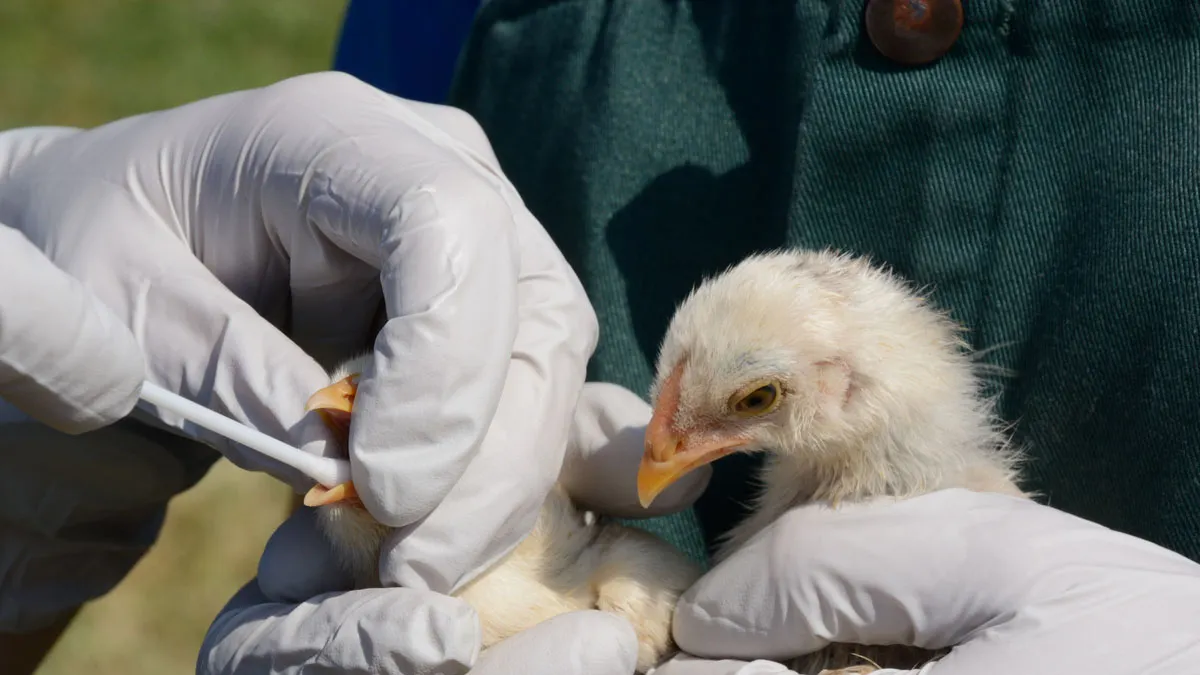
Sacramento: California is struggling with a significant outbreak of avian influenza A (H5N1), which has spread to 659 of the state’s 984 dairy farms since August, prompting Governor Gavin Newsom to declare a state of emergency to safeguard agricultural workers and public health. This declaration follows the identification of two new human cases in Stanislaus and Los Angeles counties, bringing the state’s total to at least 36 cases, more than half of the national count.
The outbreak’s effect on dairy production has been severe, with a reported 9.2% decline in November’s milk production compared to the previous year, leading to concerns over national dairy product availability and prices. Increased testing and quarantines have been implemented, with California now testing its 1.7 million dairy cows weekly.
Public health officials are monitoring wastewater samples across the state for the virus, though the risk to the general public remains low. Notably, the virus has also been detected in domestic cats that consumed contaminated raw milk.
Despite the provision of over 4 million pieces of personal protective equipment for workers, concerns regarding testing and reporting due to wage issues persist. New federal testing measures and ongoing research into the virus’s transmission patterns reflect the urgency of the situation, as experts suggest more needs to be understood about the outbreak and its spread across farms.
